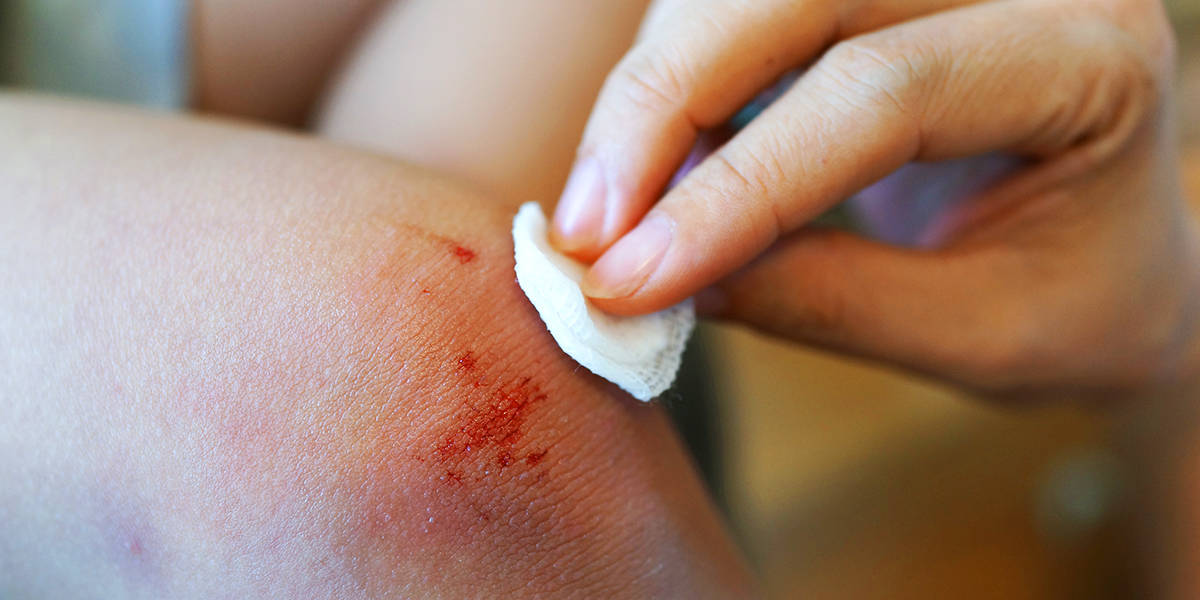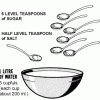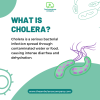We can picture a classic emergency scene in which a first aid box is needed. You have a scrape or cut and you get out the hydrogen peroxide. What if we tell you that this common antiseptic is grossly misused for cleaning wounds. Although, it has been a staple in first-aid kits, most people don’t know when to actually use it.
In today’s blog post, we’ll debunk the myths surrounding hydrogen peroxide and explore alternatives for wound cleaning.
Why Hydrogen Peroxide might be bad for Cleaning Wounds
The fizzing action of hydrogen peroxide might seem like it’s cleaning the wound, but it can actually hinder healing in several ways:
- Tissue Damage: Hydrogen peroxide’s antiseptic properties are strong, too strong for delicate wound tissue. It can damage healthy cells surrounding the injury, slowing down the healing process.
- Painful Bubbles: The bubbling action can irritate the wound bed, causing additional discomfort.
- Clot Disruption: Hydrogen peroxide disrupts the natural clotting process, which is crucial for stopping bleeding and promoting wound closure.
So, if hydrogen peroxide isn’t the answer, what should you use instead?
Wound Cleaning Alternatives
Don’t worry, your first-aid kit doesn’t need a complete overhaul! Here are some actual wound cleaning solutions:
- Clean Running Water: This is the simplest and most effective way to flush away dirt and debris from a wound. Simply rinse the wound gently with clean, cool water for several minutes.
- Mild Saline Solution: This is a gentle antiseptic that won’t damage healthy tissue. You can purchase pre-mixed saline solution at most pharmacies or make your own with a teaspoon of table salt dissolved in a cup of warm water.
When should you use Hydrogen Peroxide?
While not ideal for wounds themselves, hydrogen peroxide can be helpful in other situations like:
- Cleaning Tweezers or Scissors: You can disinfect these tools with hydrogen peroxide before using them on a wound. However, remember to rinse them thoroughly with clean water afterward.
- Minor Scrapes with Crusted Blood: If a scrape has dried blood forming a crust, a very brief application of hydrogen peroxide can help loosen the crust before gently cleaning with water.
Remember:
- Always consult a healthcare professional for serious wounds or if you have any concerns.
- Keep your first-aid kit stocked with fresh supplies and check expiration dates regularly.
- When in doubt, leave wound cleaning to the professionals.
You can reach us incase of emergencies and when in need of first-aid supplies at: 09155556030, 09155556040.






